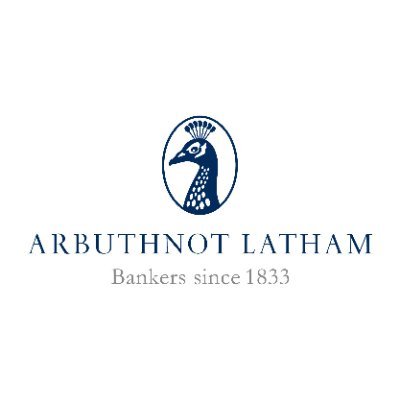Arbuthnot Banking Group (LON:ARBB) is the topic of conversation when Hardman and Co’s Analyst Mark Thomas caught up with DirectorsTalk for an exclusive interview.
Q1: You called your recent note “3Q’22 trading statement – yet another upgrade”. Can you give a short summary of your key findings?
A1: Arbuthnot Banking Group’s 3Q’22 trading statement has led to a further upgrade to consensus, and we have also raised our estimates.
The key takeaways were i) Bank of England base rate rises contribute to increased revenue, ii) good progress is being made across all divisions, iii) deposit balances exceeded £3bn in the quarter, iv) completion of the sale of King Street property is progressing, and v) full-year results are expected to be ahead of market expectations. In September, the underlying monthly profit before tax was approaching £4m (excluding the one-off cost-of-living bonus payment made to all employees, which was signalled in the group’s interim results), which compared with our previous 2023E adjusted PBT of £24m.
Q2: What is the key driver to numbers?
A2: I’ll be brief. We have, in our previous two notes, highlighted not only the importance of the rising interest rate environment but, critically, the business model and what ABG’s management has been doing in the environment. This is not a company that is simply benefiting from external factors, but one that has built a business model that is well- positioned for the change, and that is being actively managed to take the best opportunities as they arise. Relationship deposits are more valuable than best-buy table ones, as rates rise. ABG has account managers who can be rapidly focused on actively hunting such deposits over other products. It is liquid- and deposit-rich, and so can actively and flexibly manage its balance sheet. It is not a passive player simply taking market prices.
Q3: What about credit? Surely, as rates rise, we need to be worried about that?
A3: The non-performing loan book has been reduced to its lowest level for over two years, and there are no signs of material stress in the credit metrics. The average loan to value (LTV) against the loan book is 51%, giving significant levels of security to withstand the effect of any potential falls in property markets. Accounting provisions will rise, as ABG’s economic scenarios incorporated into its IFRS9 expected credit loss modelling have been revised to consider the current negative outlook and future economic climate. However, despite the potentially worsening macroeconomic outlook, the increase in expected losses is limited, due to the high levels of property-based security.
Looking to new lending, ABG is now stressing the affordability of interest payments on new lending to levels in excess of the 2% increase in rates that is prescribed by regulators. The effect of this will be to reduce the LTV on new lending to below 60%. This will reduce lending volumes in the short term and will conserve financial resources for future opportunities that will arise, given the market dislocation. Historically, ABG has taken inorganic opportunities, as non-bank lenders have been unable to obtain finance and buying portfolios of loans below par would see an immediate capital generation from the negative goodwill.
Q4: What did they say about the divisions?
A4: Client acquisition in the private bank saw double-digit growth in all key metrics, with a significant proportion of relationship calls and current deposits raised – further helping margins. The last quarter of 2022 is expected to deliver modest loan book growth in the private bank, as clients defer transactions, given the interest rate outlook and the impact of increased financing costs.
Gross client inflows to wealth management have been maintained with a high volume of criteria clients, rather than being dominated by a smaller number of high-value clients.
The specialist SME lending divisions all reported good growth: i) Arbuthnot Commercial Asset Based Lending reported a record amount of new client facilities for the business; ii) Renaissance Asset Finance delivered a record amount of new lending in the month of July, and loans under forbearance remain largely static; abd iii) Asset Alliance has a strong pipeline into the first half of 2023.
Q5: And any notes of caution?
A5: Arbuthnot Banking Group is experiencing net interest margins that are higher than it expected over the longer term, as the repricing of deposits generally has a delay of up to 12 months as time deposits reach maturity. Also, the group is yet to see the full impact of the inflationary pressures on its cost base. As always, there is macroeconomic uncertainty, and the political environment creates its own uncertainties too.







































